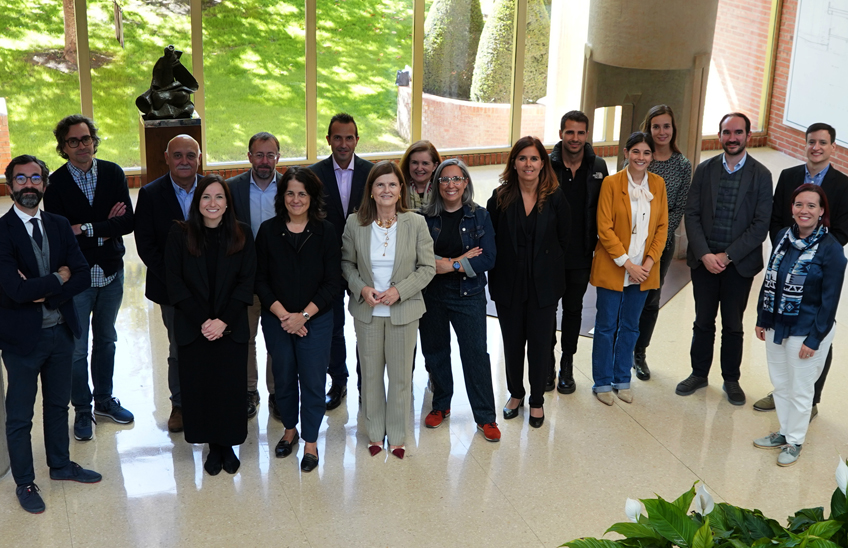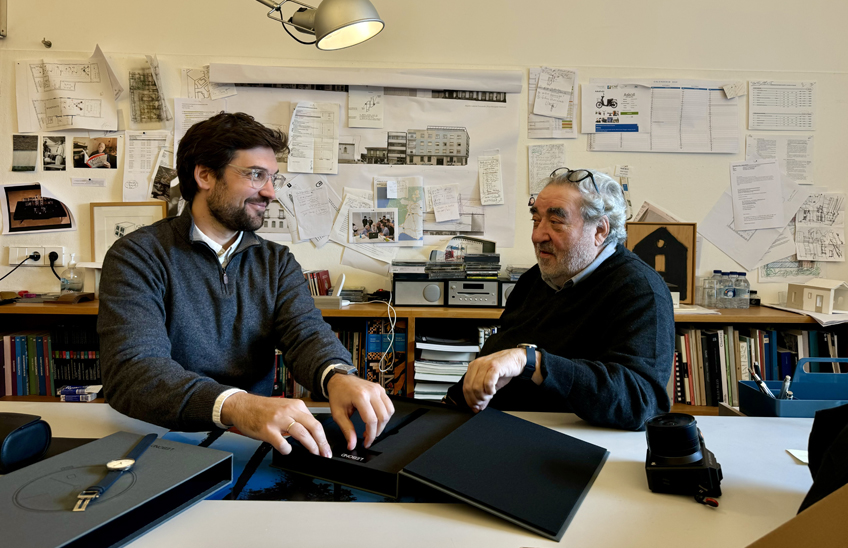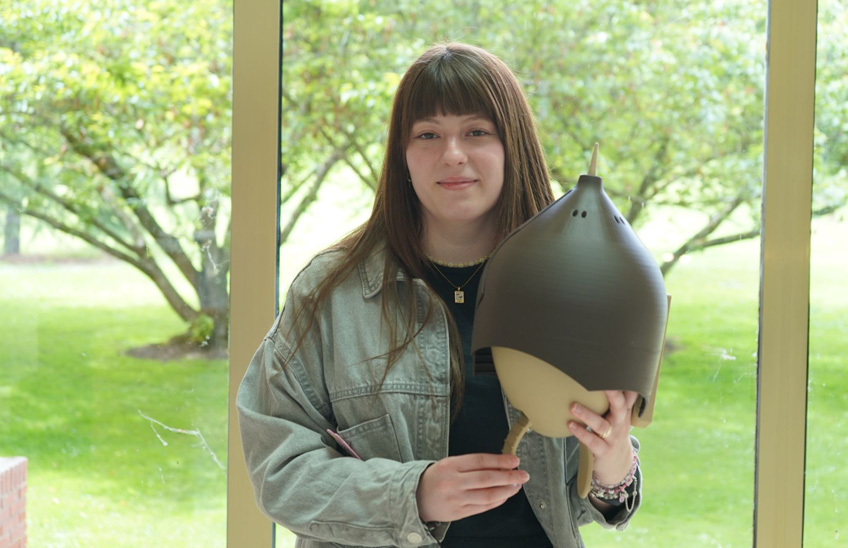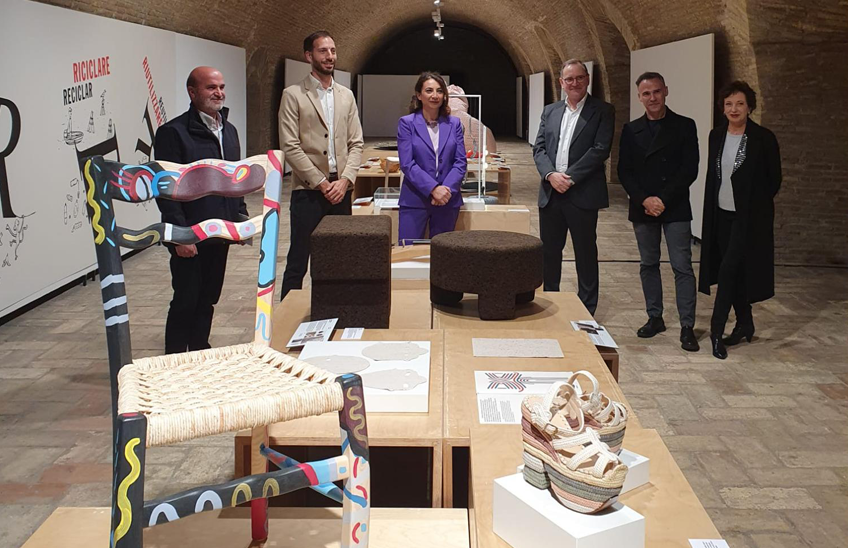DISARQ research team holds a workshop on the contributions of architecture to design in Spain
The researchers presented the results obtained during the first year of the project, highlighting the contribution of architecture to the dissemination of design in different media and contexts between 1925 and 1975.

04 | 11 | 2025
Thanks to a cast of protagonists who participated in specialized publications and knowledge dissemination magazines between 1925 and 1975, it was possible to disseminate different discourses and ideas that favored the consolidation of design as a discipline in Spain. TheDISARQ* group of the University of Navarra is in charge of investigating this partnership.
The researchers held the DISARQ* workshop to present the progress and results obtained after the first year of the project. Carlos Naya, director of the Escuela Técnica Superior de Arquitectura, opened the event together with the main researchers, María Villanueva and Héctor García-Diego. Mariano González then presented some of the theoretical instructions that underpinned the discipline through the writings of Morris, Loos and Le Corbusier.
The first block of the session focused on analyzing non-disciplinary and semi-professional magazines. To this end, researcher Patricia Molins offered a vision of the magazine Hogares Modernos and the image it projected of design in its pages. Next, Jorge Tárrago presented the panorama of design in Spanish weeklies of the 1960s and 1970s as a preamble to the intervention of Andrés Tabera, who described the design contents of the magazine Triunfo.
During the second block, María Villanueva and Héctor García-Diego shared a quantitative and qualitative analysis of articles published in architectural periodicals between 1925 and 1975. Pablo Arza illustrated the presence of design in foreign magazines, mainly focused on international pavilions and domestic interiors. In addition, the workshop counted with the intervention of Penny Sparke, researcher at Kingston University London and team member DISARQ*, who gave a master lecture on 'design and Culture'.
In the afternoon, the session moved from the School to the Museum of the University of Navarra, where Raquel Cascales established the philosophical framework of the project through a research on the Poetics of the everyday. In addition, Marta García and Pedro Reula spoke about the results obtained from books and catalogs, and the analysis of furniture and industrial design companies from the 50s and 60s, respectively. To close the presentations, María Eugenia Josa highlighted the professional work of international and national women designers of the period.
The workshop ended with several reflections on the continuous synergies between design and architecture.
*project PID2023-153253NA-I00, funded by MCIN/AEI/10.13039/501100011033 and by FEDER, EU.




